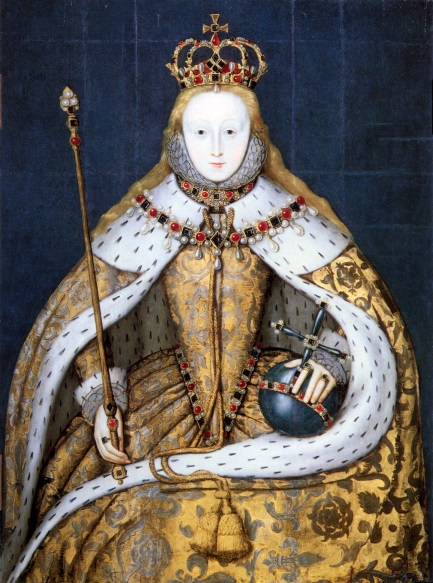Conflicting Religious Perspectives (1517 - 1558)
by Karen Haden
Chapter 1: Introduction

In 1558, when Elizabeth Tudor became England’s Queen, the Reformation had already been in progress for 40 years. What had started as scholarly criticism of some Catholic practices, by the German monk and priest Martin Luther, had already sprouted several Protestant alternatives.
With religion playing a key role in Western Europe, across political, social and economic life, the Reformation brought major upheaval to them all. There had been religious conflict and persecution in previous centuries, particularly of Jews, but now this became more widespread. Most recently during Catholic Queen Mary’s reign, Protestants had been burnt to death if they refused to recant.
Today it can be hard to understand how and why this could happen. Did neighbouring nations really go to war over Christian doctrine? Why were so many people willing to suffer torture and death for their beliefs?
Without knowledge of the different religious perspectives, it is hard to make sense of this period in history, or understand the enormity of the task Queen Elizabeth and her officials faced as they tried to reduce religious tensions in the country.
At the time in Western Europe, there were four major competing perspectives - Catholic, Lutheran, Calvinist, and Anabaptist. They agreed on key dogmas of the Christian faith, such the Trinitarian nature of God, who is known as Father, his Son Jesus and Holy Spirit, but differed with regard to their doctrines about the nature of his Church and relationship with human beings. Such matters were of great importance to everyone who wanted to live well on earth and secure their eternal destiny in heaven.
New questions arose after Reformation, as relevant to a physician in Norfolk and collier in Newcastle, as Elizabeth’s Whitehall officials. Which is the true Church? What must I believe and do as a result? Although some remained in the tradition in which they were born, now personal conviction mattered too. With increasing literacy, access to books and vernacular translations of the Bible, more people could decide for themselves.
